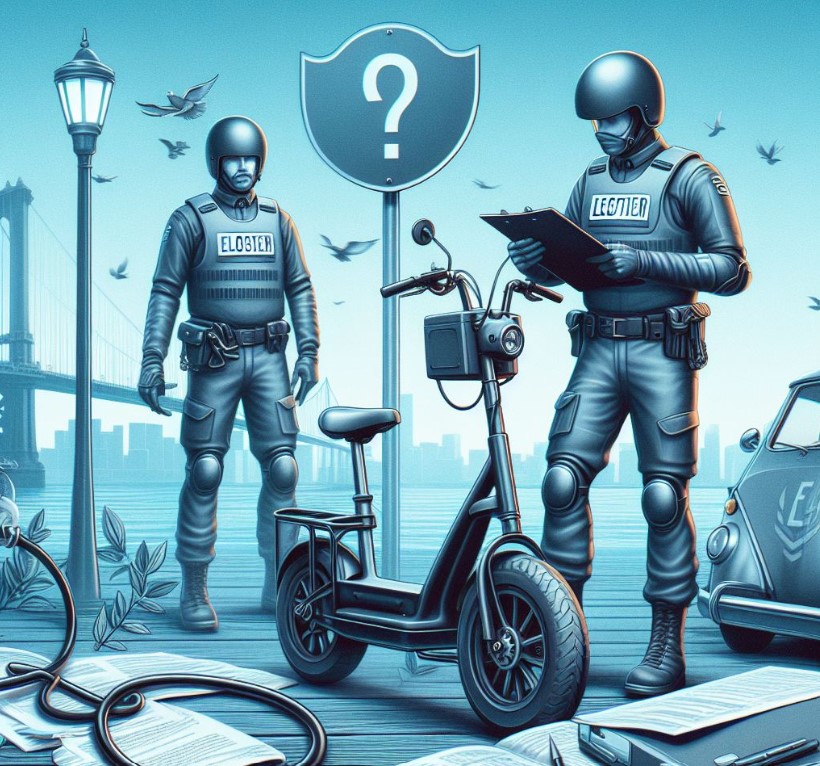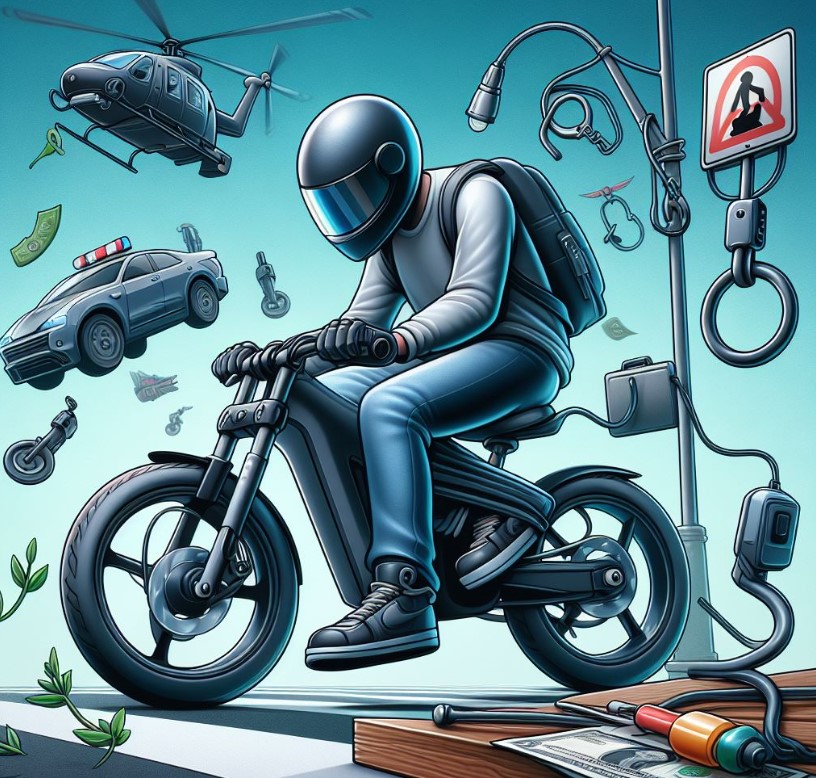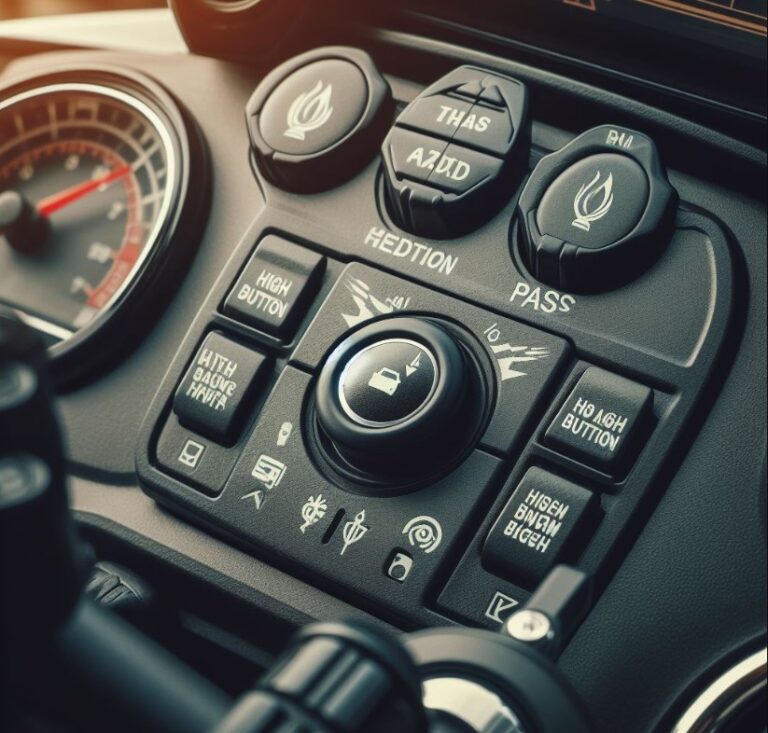Can You Ride An Electric Bike With A Suspended License? Answered
This article will explain Can You Ride An Electric Bike With A Suspended License? Riding an electric bike with a suspended license often sparks curiosity and concern. This question taps into legal, safety, and ethical considerations.
Understanding the nuances of this topic requires delving into laws that vary by location, the definition of electric bikes, and the implications of doing so. In the first lines of our journey into this matter, it becomes clear that the answer is not black and white. The intricacies of law, the type of e-bike, and the jurisdiction you’re in all play critical roles.
Key Takeaways
- Riding an electric bike with a suspended license is subject to local laws and regulations.
- E-bikes are classified differently than motor vehicles in many jurisdictions.
- Safety and legal knowledge are paramount for anyone considering riding an e-bike.
Can You Ride An Electric Bike With A Suspended License?
It depends on the jurisdiction you are in. In many places, electric bikes are not classified in the same way as motor vehicles. This means that, in some cases, you can ride an electric bike even if your driver’s license is suspended. However, it’s essential to consult the specific laws in your area to make an informed decision.

Electric bikes, often seen as a greener alternative to traditional vehicles, occupy a unique legal position. They offer the convenience of motorized transport without the same regulatory requirements as cars or motorcycles in many jurisdictions.
This distinction makes them an appealing option for those with a suspended license. However, the legal landscape is as varied as the designs of e-bikes themselves, necessitating a closer look at local regulations.
Understanding E-Bike Laws
Classification of Electric Bikes
Electric bikes are typically classified based on their top speed and whether pedaling is necessary to engage the motor. These classifications influence where an e-bike can be ridden and what laws apply. Knowing your e-bike’s class is crucial for understanding the legal expectations and limitations.
Jurisdictional Differences
Laws surrounding electric bikes can vastly differ from one region to another. Some areas treat them similarly to bicycles, requiring no license, registration, or insurance.
Others have more stringent rules, likening them to motor vehicles. This variation underscores the importance of researching local laws before deciding to ride an e-bike.
Safety Considerations
Riding an E-Bike Safely
Regardless of legalities, safety should always be a top priority when riding an electric bike. Wearing a helmet, understanding the bike’s operation, and following road rules are essential safety practices. These not only protect the rider but also contribute to the safety of others on the road.
Legal Implications of Unsafe Riding
Riding an e-bike in a manner that violates local traffic laws can lead to penalties, including fines and further restrictions on your ability to ride. It’s crucial to be aware of and adhere to all relevant laws to avoid compounding legal issues.
Benefits of Electric Bikes
Electric bikes offer numerous benefits, including environmental friendliness, cost savings on gas, and the physical health benefits of cycling. They can also provide a viable transportation alternative for those with a suspended license, assuming local laws permit.
Potential Drawbacks
While electric bikes present an attractive option for many, there are potential drawbacks to consider. These include the initial cost of the bike, maintenance expenses, and the need for a safe place to store and charge the bike.
Do You Need A License For An Electric Bike In New York?
In New York, you do not need a driver’s license to operate most electric bikes. The state differentiates e-bikes into three classes based on their maximum speed and whether the motor assists only when the rider is pedaling.

Specifically, Class 1 and Class 2 e-bikes, which have a maximum speed of 20 mph, do not require a license, registration, or insurance. Class 3 e-bikes, allowed only in New York City, have a maximum speed of 25 mph and also do not require a driver’s license but are subject to additional regulations, including the use of a helmet and a minimum rider age of 16 years.
This approach aims to integrate e-bikes into the urban fabric without the cumbersome requirements of motor vehicles, reflecting a broader trend towards sustainable and accessible urban mobility.
Can You Drive An E-Bike With A DUI In Florida?
In Florida, the law is quite specific regarding the operation of vehicles by individuals with a DUI (Driving Under the Influence) conviction.
E-bikes are defined under Florida law as bicycles that can be powered by either human power or electric helper motor capable of propelling the vehicle at a speed of not more than 20 miles per hour on level ground.

Given this definition, e-bikes are not classified as motor vehicles, and therefore, a person with a DUI conviction can legally operate an e-bike.
However, it is crucial for individuals with DUI convictions to carefully review the specifics of any restrictions placed upon them, as operating a vehicle defined by Florida law might still be subject to legal scrutiny depending on the terms of probation or suspension.
Can You Ride An Electric Bike If You Are Banned From Driving?
Being banned from driving typically refers to the suspension or revocation of one’s driver’s license due to violations or legal issues related to operating motor vehicles.
Since electric bikes are not classified as motor vehicles in many jurisdictions, individuals with a driving ban can often still legally ride an electric bike. However, this greatly depends on the local laws of where you live.
For instance, some regions might have specific restrictions or definitions that could affect this ability. Generally, if the electric bike complies with the local definition of a bicycle (usually by having a limited motor power and a maximum speed), it can be used without a driver’s license, and thus, a driving ban would not prohibit its use.
It is crucial for individuals with such bans to consult local regulations to ensure they remain compliant and do not inadvertently violate the terms of their suspension or revocation.
Conclusion
Riding an electric bike with a suspended license can be a legal and practical option for some, but it requires careful consideration of local laws, safety practices, and the specific circumstances of the individual.
As we conclude, remember that the legality and advisability of riding an e-bike under these conditions depend heavily on jurisdictional laws and personal responsibility.
Always research and respect the laws in your area to ensure that your journey is both safe and lawful. Riding responsibly and with knowledge of local regulations can make an electric bike a valuable asset in your transportation toolkit, even with a suspended license.
Top FAQ’s
Can modifications to an electric bike affect its legal status?
Yes, modifying an electric bike can affect its legal status. For example, increasing the motor’s power or the bike’s maximum speed might reclassify it into a category that requires a license, registration, or insurance. Always consider the legal implications before modifying your e-bike and ensure it remains within the legal definitions of an electric bike in your jurisdiction.
Are there any restrictions on where I can park my electric bike?
Parking restrictions for electric bikes are generally similar to those for bicycles. However, some areas may have specific regulations, especially concerning securing e-bikes to public structures or parking in designated areas. It’s wise to familiarize yourself with local parking rules to avoid penalties.
What safety equipment is required for riding an electric bike?
Safety equipment requirements for electric bikes often include helmets, and in some cases, reflective clothing or lights for night riding. The exact requirements can vary by location and the type of e-bike. Ensuring you have the proper safety equipment is crucial for your protection and legal compliance.
Can I ride an electric bike in bike lanes?
Electric bikes are generally allowed in bike lanes, but this can depend on the bike’s classification and local laws. Some places may restrict access to certain types of e-bikes based on their speed or motor power. Always check the rules applicable to the specific bike lanes in your region.

Welcome to the exhilarating world of Matt Rex, a professional car racer turned renowned vehicle enthusiast. Immerse yourself in his captivating blog as he shares heart-pounding adventures, expert reviews, and valuable insights on cars, trucks, jets, and more. Fuel your passion for speed and discover the beauty of vehicles through Matt’s engaging stories and meticulous expertise. Join the ever-growing community of enthusiasts who find inspiration and expert advice in Matt Rex’s blog—a digital hub where the thrill of speed meets the pursuit of knowledge.







